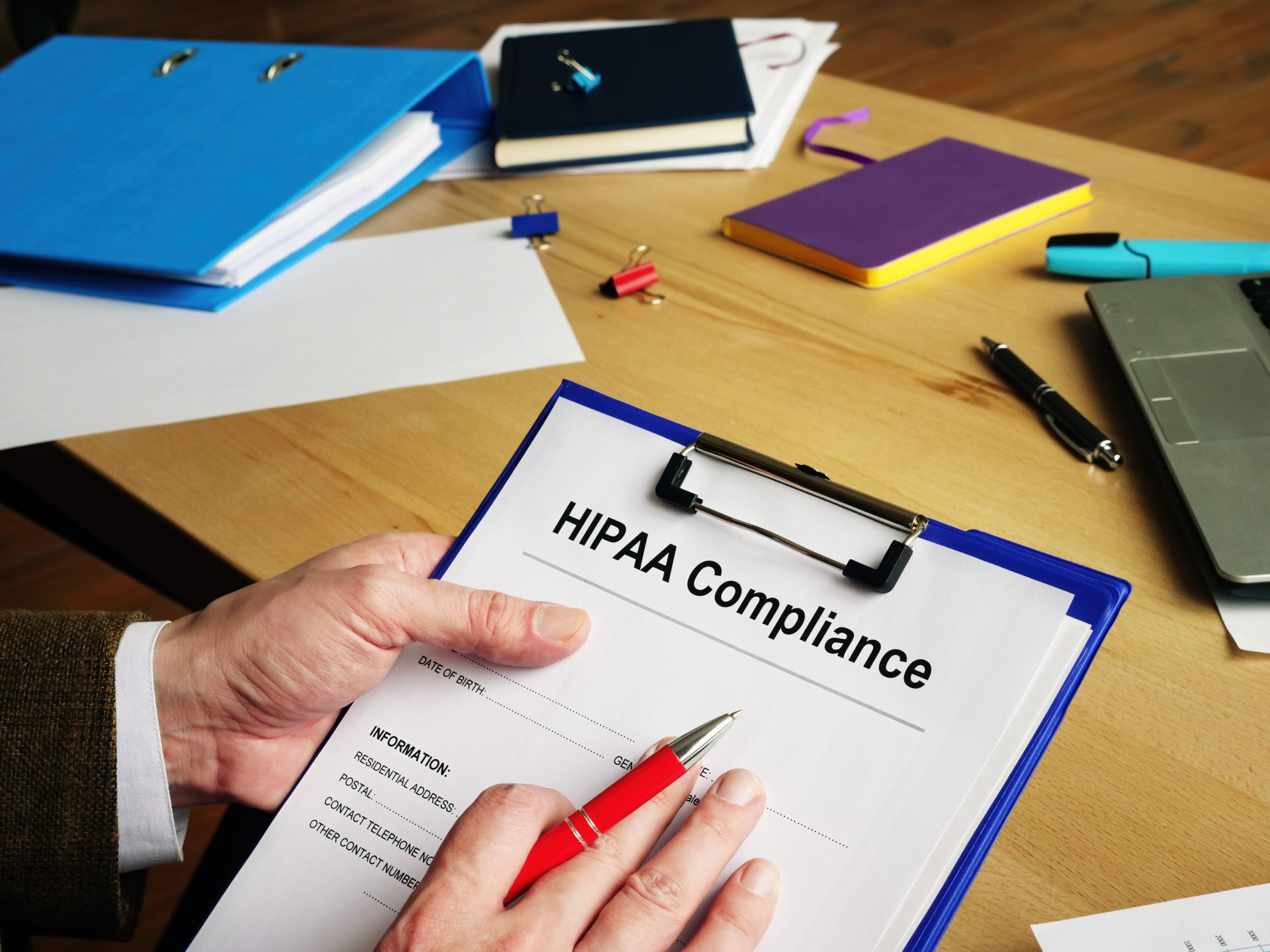The medical field, just like most other sectors out there, has its rules of engagement. It would be very chaotic if every medical practitioner were left to operate as they wished. Patients would be significantly disadvantaged since they’re the center of attention in medical practice. That’s why the government and other independent institutions formulate guidelines by which healthcare institutions should operate.
One of the most dominant standards in the U.S. healthcare system is HIPAA. Read below to know more about these regulations and why they’re essential for medical students and workers.
Defining HIPAA
So, what does HIPAA stand for? It’s an abbreviation for Health Insurance Portability and Accountability Act. The word ‘act’ tells you the rules were enacted by the federal government, under the U.S. Department for Health and Human Services (HHS). That was back in 1996, meaning the rules have been in existence for about 25 years. Over this period, you can be sure there have been numerous changes to the initial guidelines.
As of now, they’re summarized into six main rules as follows:
- The HIPAA Privacy Rule
- Security Rule
- Enforcement Rule
- Breach Notification Rule
- Omnibus Rule
- HITECH Act
In a nutshell, these are all meant to prevent the leakage of protected health information (PHI) to unauthorized persons. Examples of sensitive patient information include names, addresses, admission and discharge dates, telephone numbers, health plan numbers, bank account numbers, I.P. address, website URL, date of birth, face photos, and vehicle plate numbers.
The Importance Of HIPAA
With this brief background information, you can now understand the importance of HIPAA training, whether you’re still pursuing your medical course or you’re already working in the health industry.
1- Ensures Compliance
You can’t be fully compliant unless you first understand the rules you’re supposed to comply with. HIPAA training does precisely this. A typical course introduces most of the rules set by HHS. Furthermore, you’re trained on how to handle PHI in a manner that reduces the risk of leakage to fraudulent characters.
If you diligently implement the recommendations given during the HIPAA lessons, such as cybersecurity solutions, you’re less likely to run into problems with the government. That means your operating license will always be valid. And, you understand how critical it is to uphold business continuity. Clients take you as a serious entrepreneur ready to do business, hence they’ll always come to you for treatment.
2- Saves You From Fines
For every HIPAA violation, the Office for Civil Rights (OCR) from HHS penalizes you through monetary fines or jail terms. The amount of fine depends on whether the violation was intentional or accidental, as well as the actions you later took to help stop the breach from spiraling out of control.
That being said, you can pay a minimum of USD$100 and a maximum of USD$50,000. In any given year, the penalty cap is USD$1,500,000. If your medical business is still in the starting stage or not yet financially stable, such fines can render you bankrupt and throw you out of business. Also, if you violate HIPAA rules for personal gain or to harm patients, you risk being jailed for one to ten years.
Appropriate training helps you avoid such setbacks in your medical career.
3- Builds Trust
If your medical business is HIPAA compliant, customers tend to trust it more since they know that whatever personal information they provide is secure and won’t be passed on to deceitful third parties. Such a high level of trust is critical in promoting customer loyalty, making your medical company profitable in the long run.
Those healthcare firms that break HIPAA rules and affect more than 500 individuals get listed on The Wall of Shame by OCR. The records are permanent, and many generations down the road will know that you were involved in a severe data breach. It may be hard for patients to regain their trust in you. Therefore, it’s only wise to do all that’s within your means to comply with HIPAA.
4- Improves Employability
Most healthcare institutes prefer those job candidates with HIPAA certification. They understand how important it is for their staff to be conversant with the guidelines. They also want to protect their image. If the OCR conducts an impromptu survey on their firm and finds even one team member without proper training, they can easily be labeled non-HIPAA-compliant. As such, they don’t take the risk by employing people without appropriate training.
Also, when applying for an internship, you stand a higher chance of being accepted if you’ve taken a HIPAA course. Therefore, make a point of getting trained as soon as possible and improve your curriculum vitae.
Conclusion
There are no two ways about HIPAA compliance. It’s mandatory for everyone who handles PHI, especially hospitals, medical students, medical insurers, dental clinics, pharmacies, and urgent care facilities. By abiding by the rules, you avoid hefty fines, lengthy jail terms, lawsuits, and business license revocation. This way, your business keeps running without interruptions, customers will trust and stay loyal to you, and you keep making a profit from your medical business.
Joseph Yaghi
Latest posts by Joseph Yaghi (see all)
- 5 Tips to Forming Professional Relationships Built On Trust - January 26, 2022
- How to Build and Grow Trustworthy Networks - January 15, 2022
- How to Create a Calming Home While Working From Home - December 22, 2021

